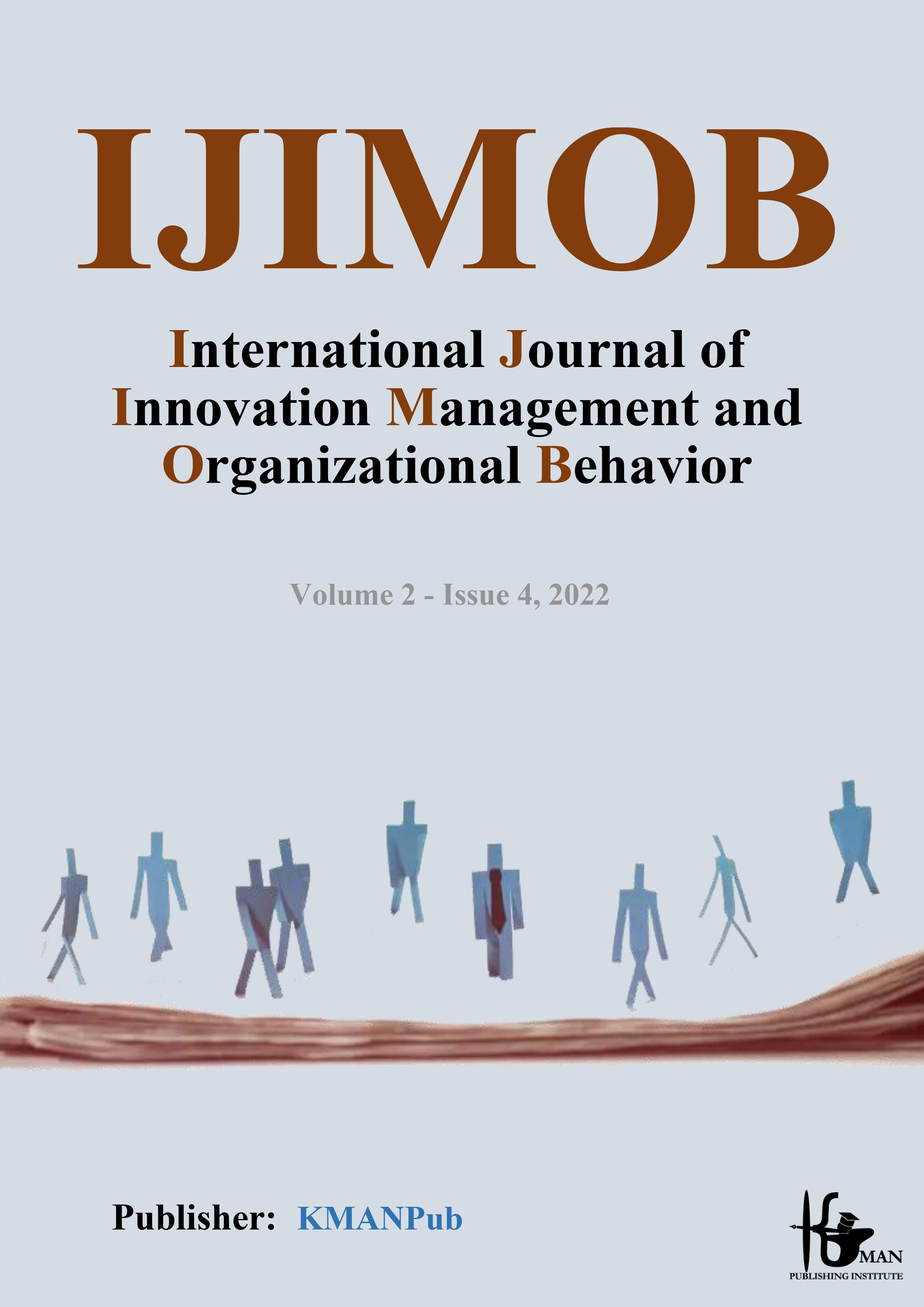Evaluation of the organizational commitment of librarians of libraries in Tehran
Keywords:
Behavioral sciences, management, organizational commitment, academic library librarians, public librariesAbstract
Purpose and background: Organizational commitment in management and behavioral science literature is an important factor in the relationships between organizations and individuals. The purpose of this research is to identify and evaluate the organizational commitment of librarians in libraries in Tehran based on 4 indicators of participation and teamwork spirit, conscientiousness, values, and administrative discipline. Financial and social took place. Research method: The current research was applied in terms of purpose and survey research in terms of method. In the present study, data were collected using standard questionnaires and interviews. The statistical population included all librarians of academic and public libraries in Tehran, numbering 780 people. In this research, using Cochran's formula, 257 people were selected as a sample population. Also, the snowball technique was used in the interview method to collect data. Findings: The results of the research showed that the public participation component is the most important component in the discussion of the organizational commitment of librarians in libraries in Tehran. And the components of central justice and responsibility are in the next ranks. Also, the results showed that the librarians of Iranian libraries are in the first rank in the index of participation and group spirit, the index of work conscience is in the second rank, and the index of administrative, financial and social discipline is in the rank of The third and the index of values are in the fourth place. Also, the results of the research showed that the level of adherence to organizational commitment in academic libraries and public libraries is not significantly different, but the condition of university library employees is slightly better than public library employees. Conclusion: It goes without saying that the ultimate goal of performance evaluation in any field is the exchange of information between the evaluator and the employees in order to prevent and correct undesirable performance and encourage the desired performance of employees. For this purpose, care should be taken during the evaluation session to move towards the conclusion of the topics.
Downloads
Downloads
Published
Issue
Section
License

This work is licensed under a Creative Commons Attribution-NonCommercial 4.0 International License.
















